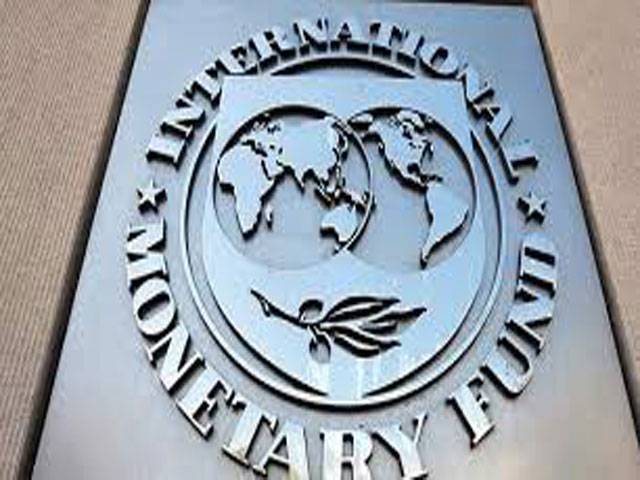Washington - The economic stresses caused by the global coronavirus pandemic could spark an outbreak of protests, the International Monetary Fund warned Wednesday, urging governments to take steps to prevent unrest.
The IMF cautioned that "some countries remain vulnerable to new protests, particularly if policy actions to mitigate the COVID-19 crisis are perceived as insufficient or as unfairly favoring large corporates rather than people."
In the semi-annual Fiscal Monitor report, the IMF said protests are "more likely in countries with histories of widespread corruption, lack of transparency in public policy, and poor service delivery."
Even well-intentioned government spending measures to ease the harm inflicted by the lockdowns to contain the virus "may not quell such tensions given that protesters are not necessarily the poorest," or if the programs are "viewed as transfers to outsiders."The report points to increasing waves of protests from the past two years over economic policies: in Ecuador, Haiti and Iran, the protests were over increased in fuel prices; in France, pension reforms and planned fuel tax increases. While in Chile, "a small increase in public transport fares sparked social protests on much broader issues."
The authors urged governments to take steps to reduce the likelihood of triggering unrest, including clear communication with advance notice and the rationale behind any policies; a strategy for overcoming opposition; and steps to lessen the burden in advance of policies such as fuel price increases.
"New rounds of protests could exhaust reform momentum (for example, regarding pension or energy subsidies) and put public finances at risk," the IMF said. The governments have been pumping cash into their economies at a rapid rate: emergency lifelines provided globally include higher spending and foregone revenues ($3.3 trillion), public sector loans and equity injections ($1.8 trillion) and guarantees ($2.7 trillion), the report said. The Group of 20 advanced and emerging economies are at the forefront with actions totaling $7 trillion.
IMF officials have stressed the need for a massive response to deal with the health crisis as well as the economic impact.






